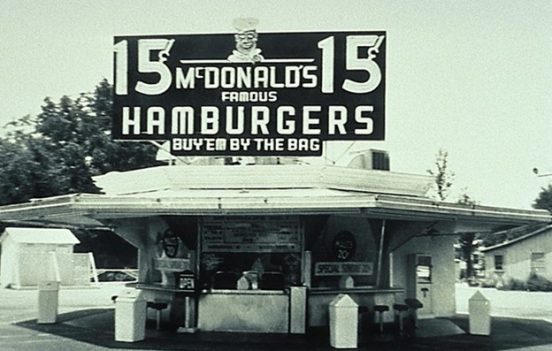Unintended Consequences

The problem with minimum wage laws is that they raise a slew of unintended consequences, and they pretty much never work the way we all would hope.
For example, if you raise the minimum wage for fast food workers to $20 an hour, then the guys who supervise the workers will need to get a raise to $30 an hour. The trucking companies that deliver supplies to McDonald’s will need to raise their prices to cover raises for all of their drivers who must be paid more, and the franchise owner – the person who takes all the risks of having his own business – will have to get by with fewer drivers to do the same amount of work.
Many fast-food places have put in self-serve kiosks so they can lay off the people the minimum wage law was supposed to help. All of which means that a bunch of those people with newly increased pay will soon be out of work altogether.
Part of the problem is that being a fast-food worker was never meant to be a full-time life career. It was generally a part-time job for kids putting themselves through school and making a little cash on the side. It hopefully taught them about dealing with customers, providing a needed service on a schedule that didn’t interfere with their school work, and answering to a boss.
With the new minimum wage laws, people are trying to stretch those $20 an hour after-school jobs into full-time careers – complete with sick leave and vacation time – aimed at supporting their families. Even after the employees get a $20 an hour wage, they soon find that the attempt to raise their salary set off a chain reaction that raises the cost of everything they buy.
Last week we stopped by a McDonald’s, there were just a handful of tables at which to sit, and there was not one employee who even looked younger than 50. We didn’t want to use the kiosks, and the workers were so busy dishing out burgers to motorists that it took a while to get somebody to actually come to the counter.
Frankly, the newly mandated fast-food wage doesn’t work. If you don’t believe me, read a little Adam Smith or perhaps Milton Friedman. In the meantime, consider the $5.19 cost of a Big Mac, which has now become kind of a medium Mac as McDonald’s attempts to hold down costs by giving folks less meat for their money.
At the end of the day, most of those workers at McDonald’s with their new higher wages will not be able to afford to take their families for a night out at McDonald’s.
That’s not rocket science – it’s Econ 101.
If you would like to subscribe to our work, you may contact me at george@georgeleecunningham.com and let me know and you will get an email reminder of blog postings. Your name will not be shared and you may cancel at any time.
